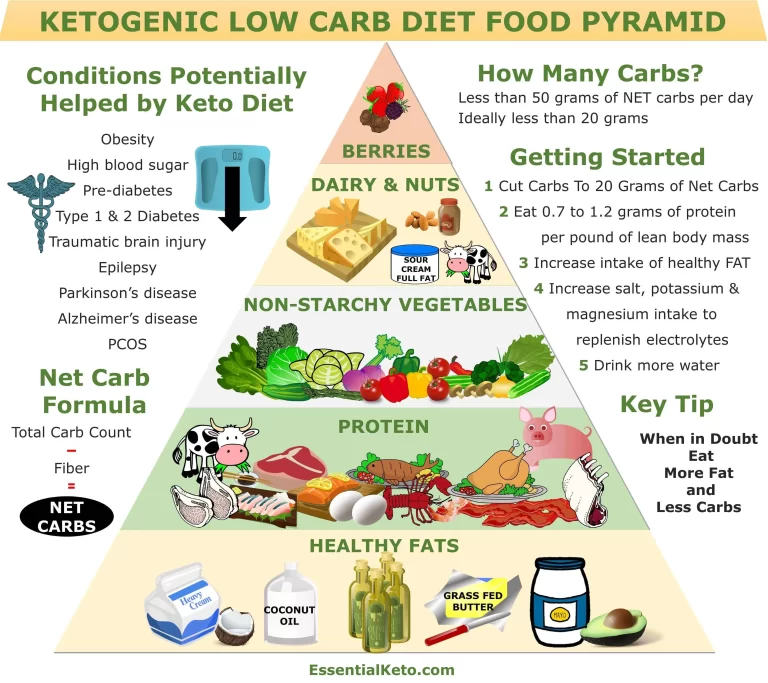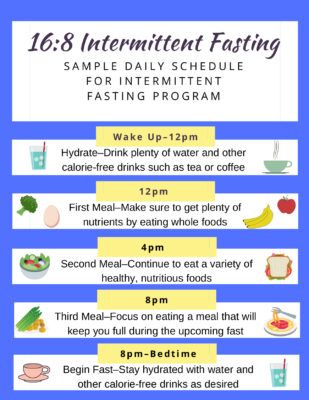Following a gluten-free diet has gained significant popularity in recent years. While it may initially seem like just another diet trend, there are legitimate reasons for certain individuals to adopt a gluten-free lifestyle. In this article, we will discuss who should follow a gluten-free diet and the reasons behind their decision.
What is Gluten?
Gluten is a protein found in grains such as wheat, barley, and rye. It provides elasticity to dough, giving it its characteristic chewy texture.
While gluten itself is harmless for most people, it can cause adverse reactions in individuals with certain medical conditions.
Celiac Disease
Celiac disease is an autoimmune disorder in which the ingestion of gluten triggers an immune response, damaging the lining of the small intestine. This can lead to various digestive symptoms, malabsorption of nutrients, and long-term complications if left untreated.
Individuals diagnosed with celiac disease must strictly adhere to a gluten-free diet to mitigate symptoms, promote intestinal healing, and prevent complications.
Non-Celiac Gluten Sensitivity
Non-celiac gluten sensitivity (NCGS) refers to a condition where individuals experience similar symptoms to those with celiac disease, yet lack the necessary antibodies and intestinal damage for a celiac diagnosis. It is estimated that NCGS affects a significant proportion of the population.
For those with NCGS, a gluten-free diet can be beneficial in relieving symptoms such as abdominal pain, bloating, and fatigue. Elimination of gluten from the diet can significantly improve quality of life.
Wheat Allergy
Some individuals may have a wheat allergy, which is distinct from gluten sensitivity or celiac disease. A wheat allergy triggers an allergic reaction upon consumption of wheat-containing products, causing symptoms such as hives, itching, and difficulty breathing.
Those with a wheat allergy must avoid not only gluten but all forms of wheat in order to prevent allergic reactions.
Autism and Gluten
There is ongoing debate regarding the potential link between gluten and autism spectrum disorders (ASDs). While some parents report improvements in their children’s behavior and symptoms when following a gluten-free diet, scientific evidence supporting this claim is currently lacking and inconclusive.
It is important to consult with healthcare professionals before making any dietary changes for individuals with autism.
Weight Loss and Gluten-Free Diet
Some individuals may adopt a gluten-free diet for weight loss purposes. However, it is worth noting that a gluten-free diet does not inherently lead to weight loss. In fact, gluten-free products tend to be higher in fat and sugar to compensate for texture and taste.
Weight loss goals are best achieved through a balanced, nutritious diet and regular physical activity.
Conclusion
A gluten-free diet is essential for individuals diagnosed with celiac disease and those with non-celiac gluten sensitivity. It can alleviate symptoms and prevent complications in these cases.
However, for individuals without specific medical conditions, there is no evidence to suggest that a gluten-free diet provides significant health benefits. It is always advisable to consult with healthcare professionals before making any dietary changes.









